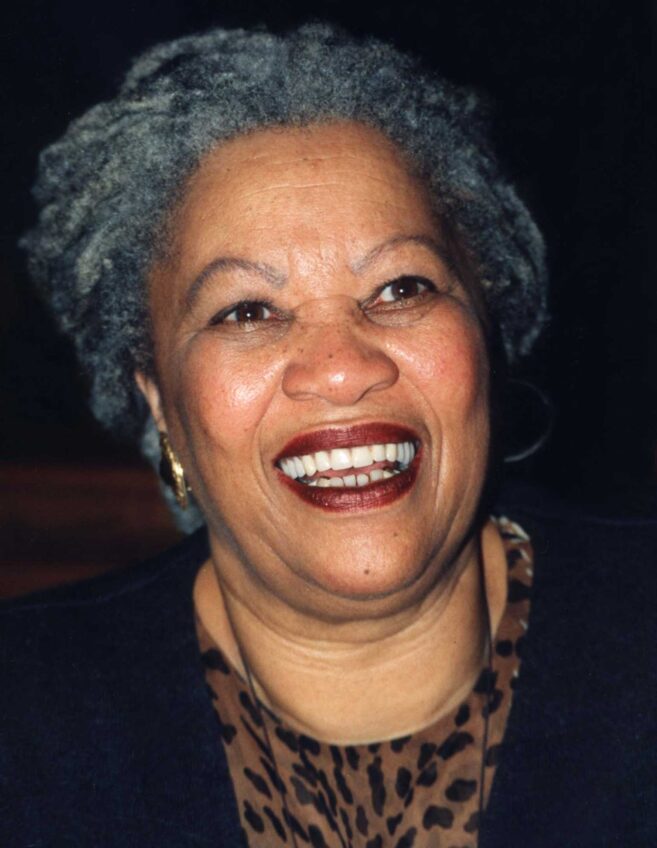Now is the time to be very concerned about affordable housing and health care
We are quickly heading into senior care crisis mode. We are not adequately prepared or focused on what’s ahead.
By 2030, one out of every four people in Massachusetts will be 60 years of age or older. And of these 1.7 million people, more than half will be unable to afford the care they need.
When it comes to affordable housing for older adults who make simply the median income, Massachusetts is more than 200,000 units short. The impact of this can already be felt in Boston. Homelessness in the city among those 50 years of age or older has nearly doubled in the past decade. In 2023, one out of every four people without housing in the city were over 50. The National Coalition to Prevent Homelessness projects this number to triple over the next five years.
By the year 2029, 60% of seniors will have mobility limitations, 50 % will lack the resources for the level of care they require, and 20% will have the highest health care and functional needs.
I know it’s easy to dismiss a few numbers and statistics. What if I told you that this population includes our retired police, firefighters, teachers, administrative support workers, health care staff, and individuals from all walks of life? What if I remind you that this population also includes our mothers and fathers, grandmothers and grandfathers, and our friends and loved ones. Might that get your attention?
This is a human issue with a face and a heartbeat. And it is an issue that has affected, is affecting or will affect us all.
Rogerson Communities has been providing housing and health care services for older adults in Massachusetts since our founding in 1860. In 165 years, we have never seen the need as pronounced as it is now.
At a time when more awareness, investment and compassion are imperative, we see the exact opposite. The federal government has called for a 50% reduction of staffing in the Department of Housing and Development in addition to proposing a severe budget cut to both Medicaid and Medicare.
This direction is catastrophic. Cutting resources and bandwidth at HUD will delay all progress being made to build more affordable housing. Moreover, cutting the only program that pays for the long-term services and support for this population is not sound policy. Nearly two-thirds of people in nursing homes across the country have their stays paid for by Medicaid. If we shift this cost to states, we can expect massive cuts in services. The impact on the quality of care would be disastrous.
We must provide adequate reimbursements so that older adults will have access to the care they desperately need. The prior-authorization process is much too cumbersome and administratively burdensome to entice providers to provide geriatric care. Less providers and more older adults are not the formula for well-being.
To compound the situation even further, as the population of older adults increases sharply, the supply of available professional caregivers is declining at dangerous speed. From the start of the COVID-19 pandemic to present, aging services workforce shortages have reached epidemic proportions, and the future is looking more and more challenging. I have yet to see a robot deliver the compassionate care our loved ones deserve.
Foreign-born workers, including those authorized to work under Temporary Protected Status, are essential for the care of older adults. We need clear and accessible pathways to citizenship, in addition to permanent and temporary residency status to build our aging services workforce, and we need these pathways now.
Adult day health programs in our communities are often the only option for older adults. These programs are a lifeline for working families, many of whom have multiple generations under one roof and need support for their loved ones while they are at work. These programs provide transportation, two meals, a daily health check with a nurse or certified nursing assistant and medication management. Daily programs and activities are offered to spur socialization, which has been proven to combat cognitive decline.
The cost of adult day health programs is nominal and is a cost-saving lifeline for states. These programs prevent premature nursing home placement, which costs the state up to 10 times more per day. These programs need to be made Medicare eligible. It’s a sound policy, good for working families and their older loved ones, and saves the government money.
Our legislators and administrators in Washington, D.C., and in our state governments need to understand the crisis we are facing. They must see the value and need of affordable housing and health care services. They need to recognize the moral imperative we have as a society to not abandon our elders, who have worked and sacrificed for our nation all their lives. It’s our turn to treat them with decency and compassion.
When it comes right down to it, we’re not just talking about the need for more affordable housing or the need for accessible health care services. What we’re talking about is ensuring every one of us can age with dignity.
Walter J. Ramos, J.D., is president and CEO of Rogerson Communities. He is an accomplished and respected health care administrator with more than 25 years of leadership experience in health care and public health.






